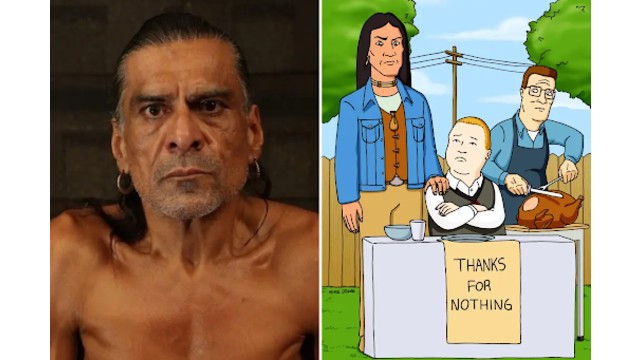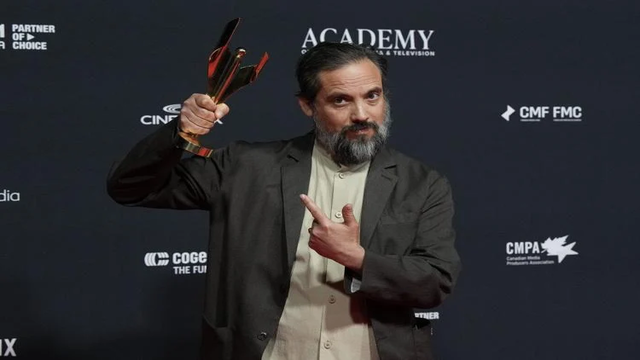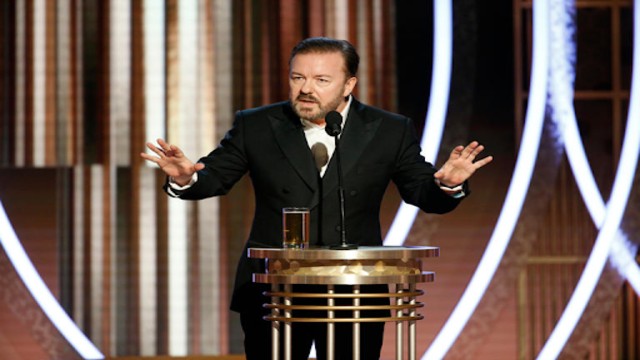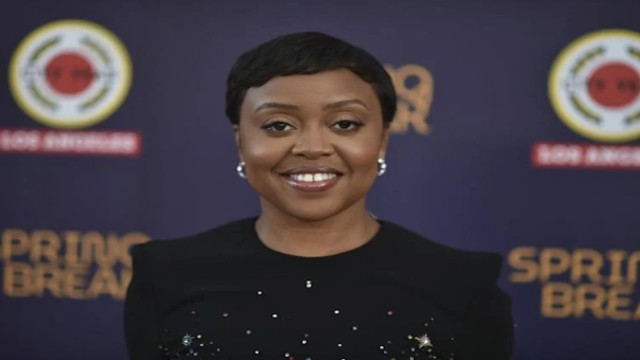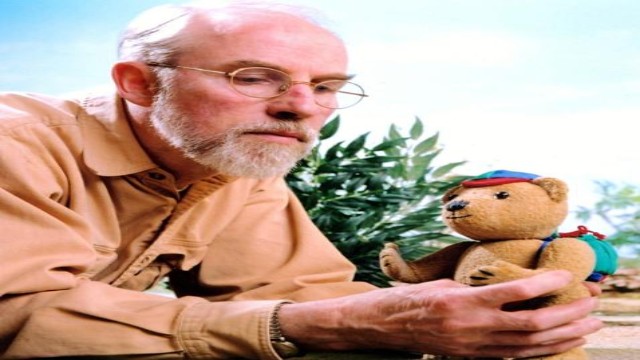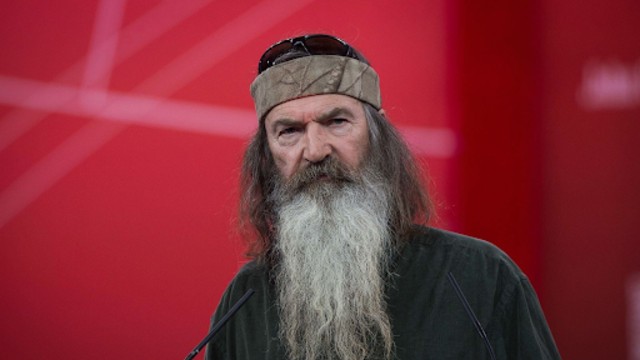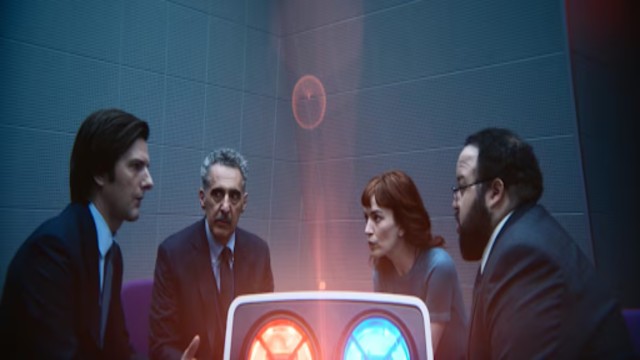
The show is in a way a metaphor for compartmentalization, Chaney said. Between a never-ending news cycle and personal obligations, many people may be contemplating how to stay up to date while remaining productive in their everyday lives. (Apple TV+ via CBC Newssource)
Apple TV+ has a new champion. Severance, the sci-fi thriller exploring corporate control and work-life balance, has surpassed Ted Lasso to become the most-watched show in the platform’s history. The second season, which premiered on January 17, has captured audiences worldwide, with its finale set to air on Thursday at 9 p.m. ET.
Why ‘Severance’ Resonates So Deeply
The show’s overwhelming success is no accident. Critics believe its themes of extreme corporate control, compartmentalization, and identity strike a chord with modern audiences. With workplace culture under scrutiny and work-life balance a major concern, Severance has found itself in the perfect moment to shine.
"I love this show. It’s thought-provoking, beautifully directed, and every frame feels intentional," said Jen Chaney, a TV critic based in Washington, D.C.
While the concept of splitting consciousness between work and personal life seems like science fiction, Chaney believes it reflects real struggles many people face today.
"There’s something about it that resonates. We’re all trying to balance work, personal obligations, and the never-ending news cycle."
A Metaphor for Modern Work Culture
Created by Dan Erickson and produced by Ben Stiller, Severance follows Mark Scout (played by Adam Scott), a man working at Lumon Industries. Employees at Lumon undergo a severance procedure that divides their consciousness—creating separate identities for work (innies) and personal life (outies). While innies perform mundane tasks with no knowledge of their real lives, they soon begin to question their existence.
Culture critic Amil Niazi believes the show perfectly captures the drudgery of corporate life.
"For all its sci-fi elements, it ultimately asks a relatable question—what if your work and home life were completely separate? It’s fascinating."
Many viewers see Severance as a metaphor for compartmentalization, a survival strategy in today’s high-stress world. While the show doesn’t explicitly state this, its subtext makes it even more relevant.
Perfect Timing for Success
The first season of Severance debuted in 2022, at a time when discussions around work culture—such as "quiet quitting" and remote work—were at their peak. The three-year gap before Season 2, caused by the pandemic and the 2023 SAG-AFTRA strike, could have hurt its momentum. Instead, it fueled anticipation and helped the show gain a larger fan base.
"Ben Stiller has done an incredible job engaging with fans online, keeping interest alive during the long wait," Niazi noted.
The good news? Fans won’t have to wait three years for Season 3.
"No, that’s not the plan," Stiller confirmed on the New Heights podcast, teasing that updates will be announced soon.
A Win for Canadian Talent
The show’s success is also a proud moment for Jessica Lee Gagné, a Canadian cinematographer who made her directorial debut with Episode 7 of Season 2.
"We’re all lost in our work, numbing emotions, avoiding certain truths. That’s what makes Severance so relatable," she explained.
Gagné, who considers herself a reverse innie-outie, shared how her own journey mirrors the show’s themes.
"For years, I was lost in my work. My outie was a cinematographer, but my innie—the director—was always waiting to come out. Now, she’s finally here."As the Severance phenomenon continues, fans eagerly await what’s next.


